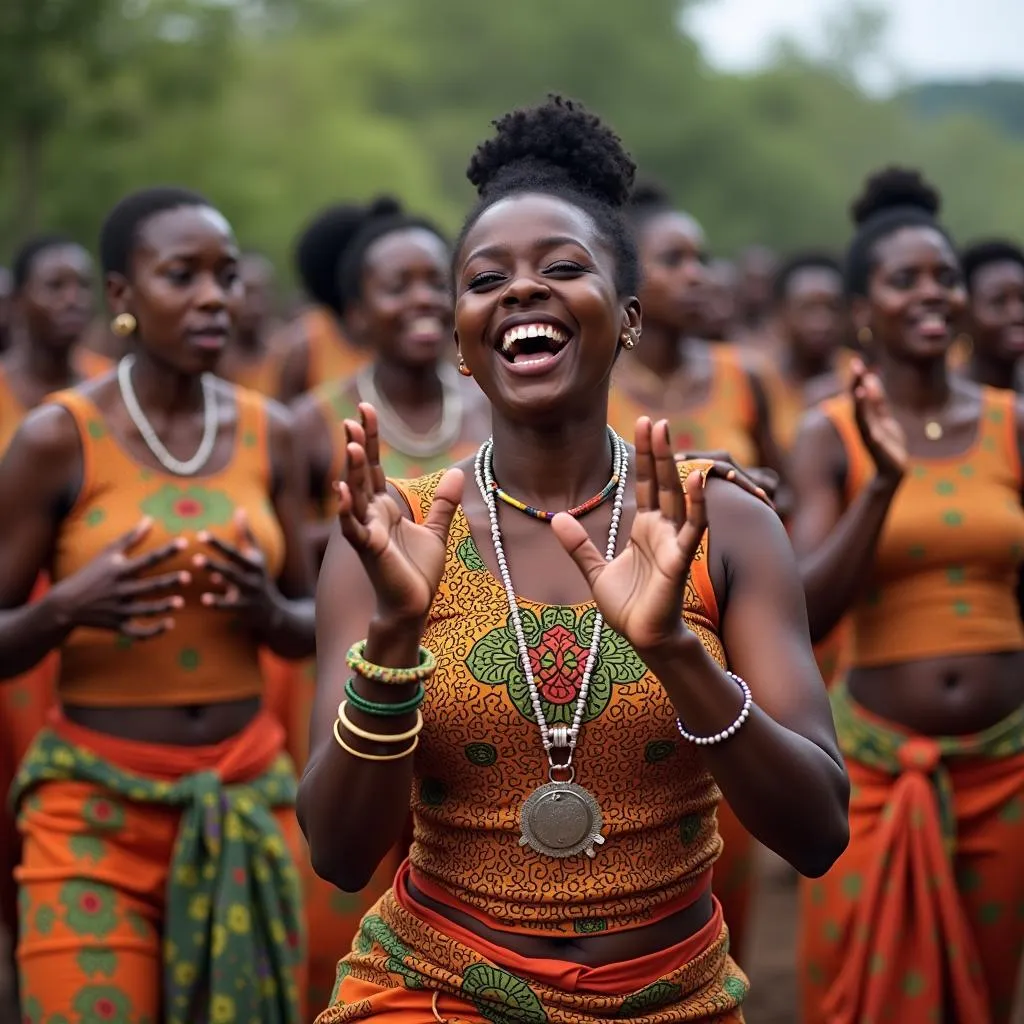A Historic Legacy: Exploring African American Churches in Louisville KY
Louisville, Kentucky, is a city steeped in history, and its African American churches are integral to its vibrant cultural tapestry. These sacred spaces are more than just places of worship; they are cornerstones of the community, serving as centers for social activism, educational advancement, and spiritual solace.
The Enduring Significance of African American Churches
African American churches emerged in Louisville, as in many other parts of the United States, during a time when Black people faced immense oppression and segregation. They provided a safe haven, a place where individuals could gather freely, share their joys and sorrows, and find strength in their shared faith.
These churches were instrumental in the fight for civil rights, serving as meeting places for organizing protests, voter registration drives, and community initiatives. The resonant voices of pastors echoed through their halls, inspiring hope and calling for equality.
“The church was our rock, our refuge, and our rallying point,” shares Dr. Thomas Miller, a renowned historian specializing in African American religious institutions in Kentucky. “It was within the walls of these churches that we found our voice, our strength, and our unwavering determination to fight for a better future.”
A Rich Tapestry of Denominations
Louisville boasts a diverse array of African American churches, representing a wide range of denominations, including Baptist, Methodist, Presbyterian, Catholic, and Pentecostal. Each denomination brings its unique traditions, music, and style of worship, contributing to the city’s rich religious landscape.
From the soulful hymns of the Baptist churches to the spirited praise and worship of the Pentecostal congregations, the music that emanates from these sacred spaces is a powerful expression of faith and resilience.
Landmarks of Faith and History
Many African American churches in Louisville are designated historical landmarks, bearing witness to the city’s complex past and the struggles and triumphs of its Black community.
Some notable churches include:
- First African Baptist Church: Established in 1854, it is one of the oldest Black congregations in the city and played a significant role in the Underground Railroad.
- Quinn Chapel AME Church: Founded in 1866, this church has been a beacon of hope and social activism for over a century, hosting prominent civil rights leaders.
- St. Augustine Catholic Church: The first Catholic church for African Americans in Louisville, established in 1871, it reflects the city’s Catholic heritage.
These historical landmarks stand as testaments to the enduring faith and resilience of the African American community in Louisville.
Community Hubs and Centers of Empowerment
African American churches continue to play a vital role in the lives of Louisville residents. They offer a wide range of programs and services, including:
- Community outreach: Food pantries, clothing drives, and support groups for those in need.
- Educational programs: Tutoring, scholarships, and after-school programs for youth.
- Health and wellness initiatives: Health screenings, fitness classes, and mental health support.
- Economic empowerment programs: Job training, financial literacy workshops, and small business development.
“Our church is more than just a building,” says Reverend Sarah Jones, pastor of New Hope Baptist Church. “It’s a family, a support system, and a place where we come together to uplift and empower one another.”
Conclusion
The African American churches of Louisville, Kentucky, are vibrant testaments to faith, resilience, and community. They have played a pivotal role in shaping the city’s history and continue to serve as beacons of hope, social justice, and spiritual guidance for generations to come. By understanding the history and significance of these sacred spaces, we gain a deeper appreciation for the rich cultural tapestry of Louisville.





